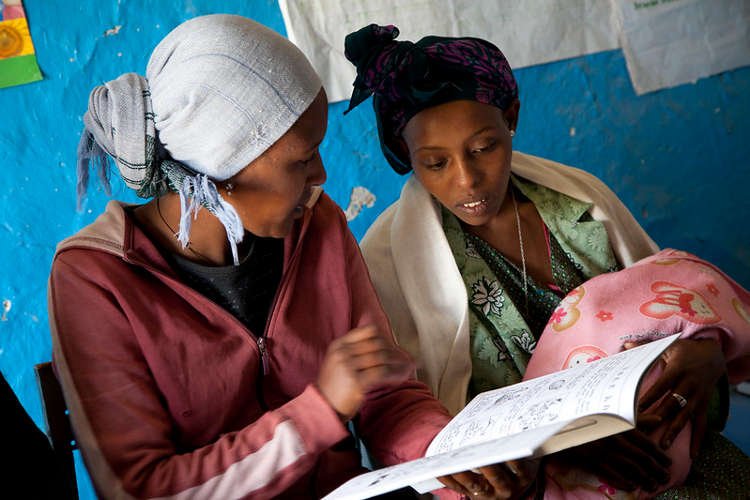Ghana’s recent Demographic and Health Survey highlighting a decline in exclusive breastfeeding practices calls for an urgent government response.
Development Diaries reports that nearly half (47.4 percent) of children aged zero to five months in Ghana are not being exclusively breastfed, according to data from the 2022 Ghana Demographic and Health Survey (GDHS).
The GDHS shows a stagnation in exclusive breastfeeding practices over the past two decades, with only a marginal increase of 0.8 percentage points from 46.6 percent in 2003 to 2022.
Two in every five children born in the two years before the survey did not begin breastfeeding within the first hour of life, according to the survey.
The World Health Organisation (WHO) advises that children should start breastfeeding within the first hour of birth and continue to be exclusively breastfed for the first six months of life.
While breastfeeding in Ghana is nearly universal, with 96.8 percent of children born in the two years preceding the survey having ever been breastfed, the initiation and duration of exclusive breastfeeding falls short of the recommended standards.
Nationally, the median duration of exclusive breastfeeding was just 2.9 months, significantly shorter than the recommended six months.
Infectious diseases are leading causes of child mortality, and lack of exclusive breastfeeding among infants in their first six months increases child morbidity and mortality from various infectious diseases.
Ghana records 42.3 percent deaths of children under age five per 1,000 live births, a worrisome figure that must be addressed.
As the world marks World Breastfeeding Week, the Ghanaian Health Ministry should emphasise the importance of breastfeeding in its awareness effort and promote access to related support.
Photo source: UNICEF Ethiopia





